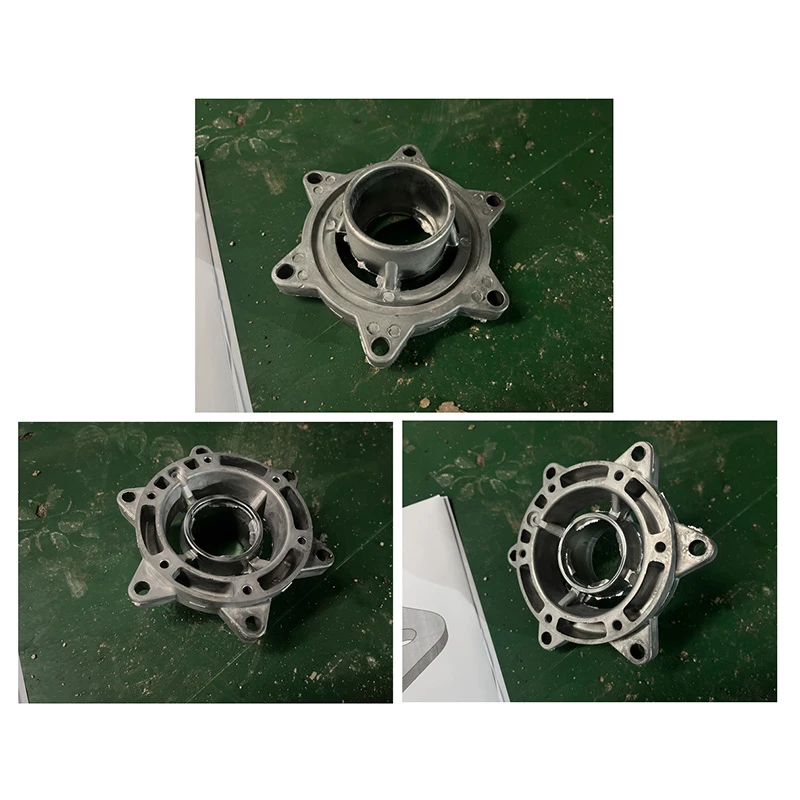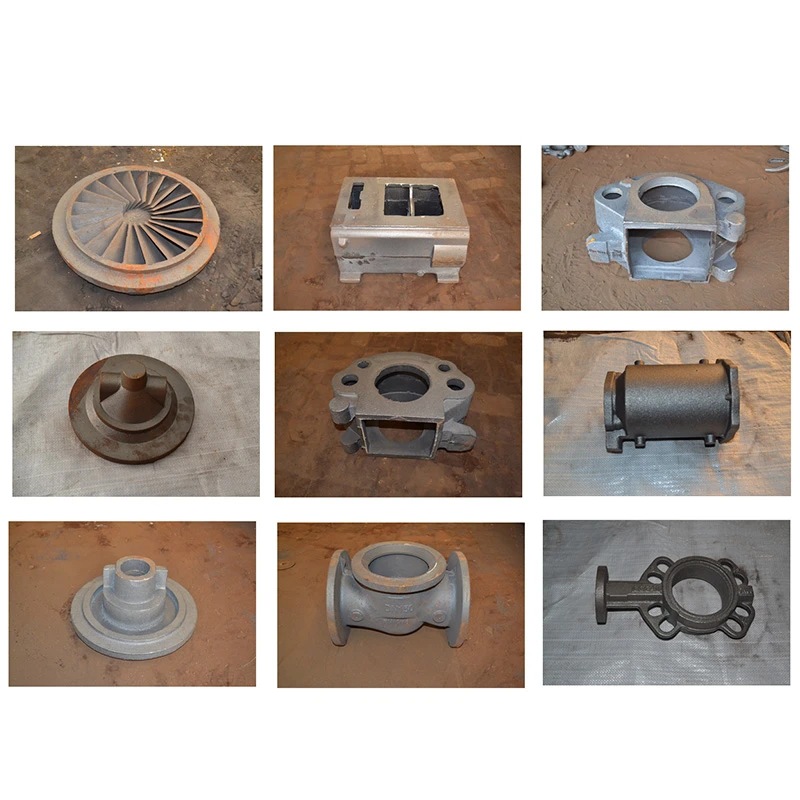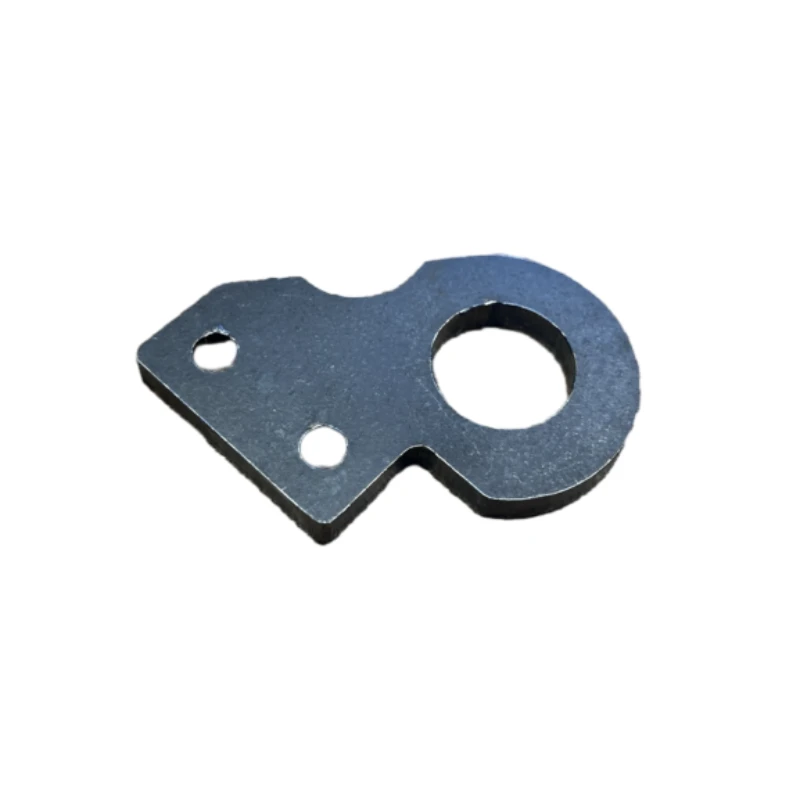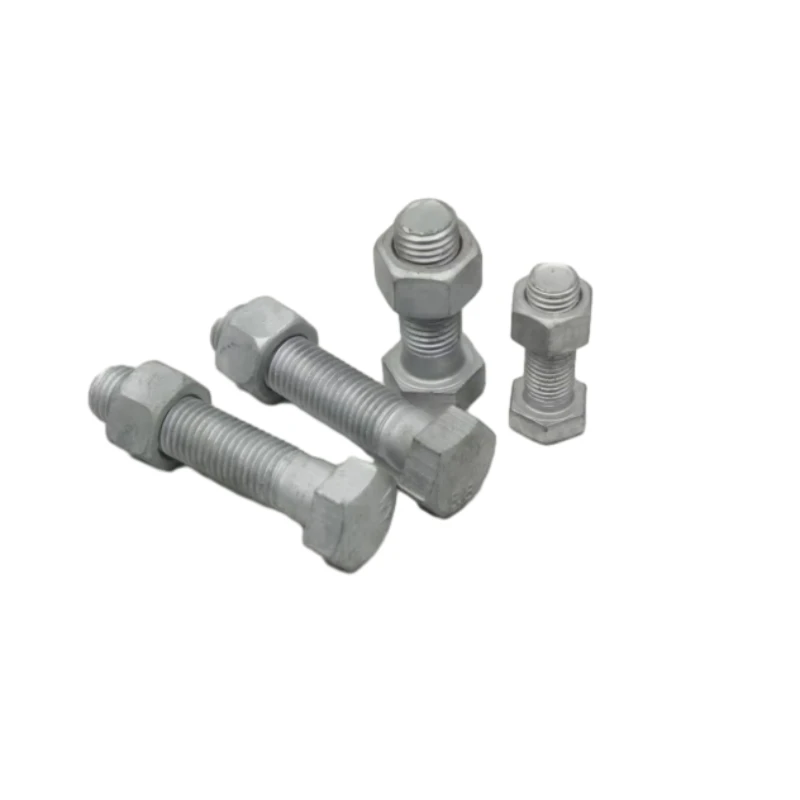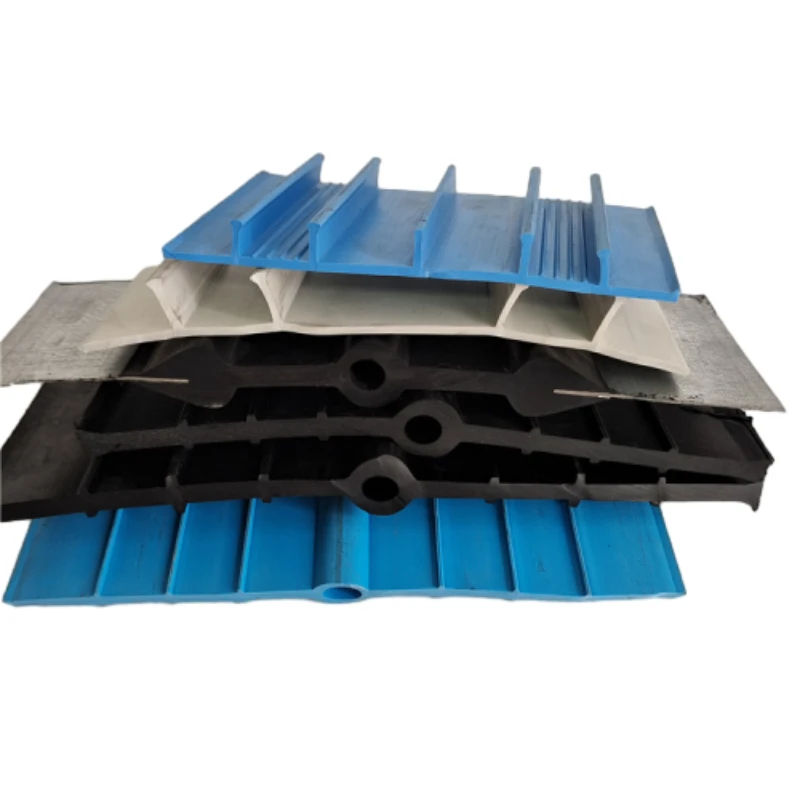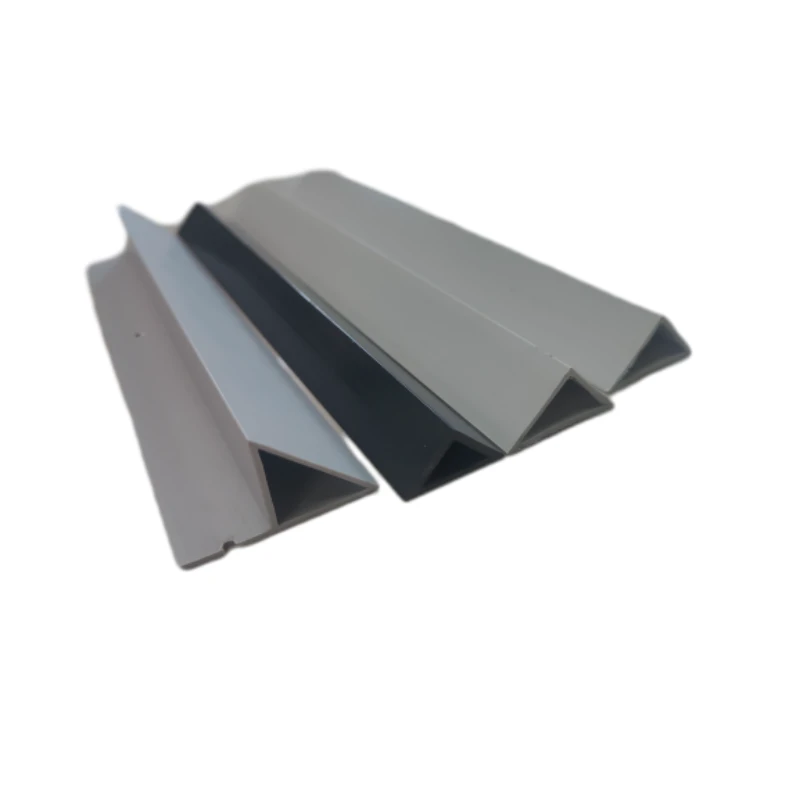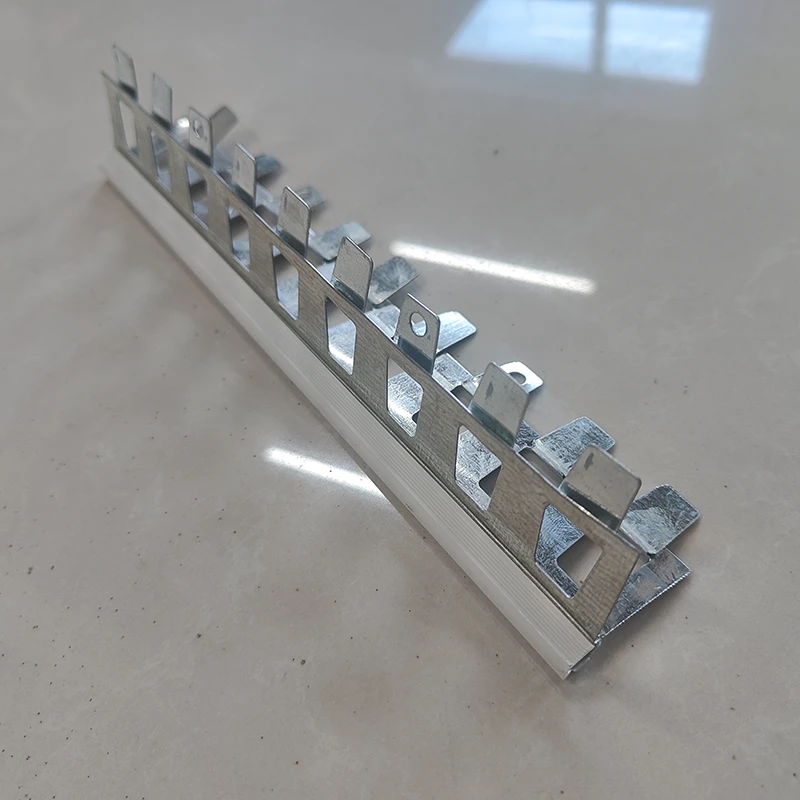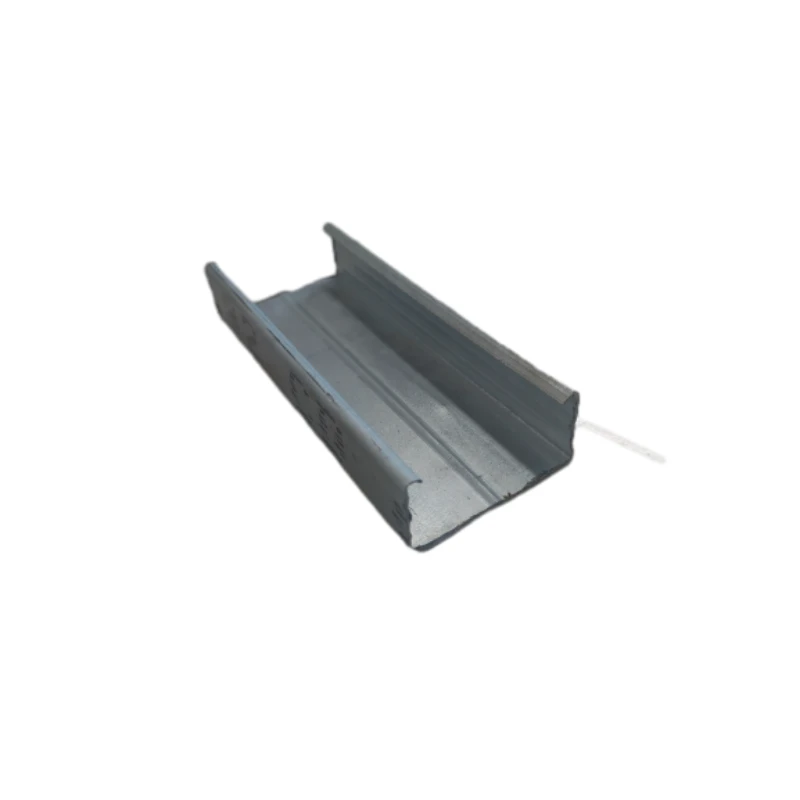- Phone: +86 132 8320 1810
- Email: annie@wrkgroup.ltd
-
- Afrikaans
- Albanian
- Amharic
- Arabic
- Armenian
- Azerbaijani
- Basque
- Belarusian
- Bengali
- Bosnian
- Bulgarian
- Catalan
- Cebuano
- China
- China (Taiwan)
- Corsican
- Croatian
- Czech
- Danish
- Dutch
- English
- Esperanto
- Estonian
- Finnish
- French
- Frisian
- Galician
- Georgian
- German
- Greek
- Gujarati
- Haitian Creole
- hausa
- hawaiian
- Hebrew
- Hindi
- Miao
- Indonesian
- Italian
- Japanese
- Javanese
- Malay
- Persian
- Portuguese
- Punjabi
- Russian
- Spanish
- Swahili
- Telugu
- Vietnamese
Փտր . 17, 2025 15:07 Back To List
Scaffolding Four Way Head
Formwork pins may not be the most glamorous component in the field of construction, yet their role is indispensable for ensuring structural integrity. As a specialized piece of hardware, formwork pins are critical in the assembly and reinforcement of concrete structures, serving as the linchpin for formworks that hold wet concrete in place until it sets and gains strength. With over two decades of experience in the construction industry and working alongside structural engineers and construction managers, I can confidently provide valuable insights into their significance, selection, and application.
Best practices in the use of formwork pins call for thorough site evaluations to expose potential issues related to soil stability, load distribution, and environmental conditions, all of which can affect the performance of formwork components. Safety standards, governed by local building codes and industry regulations, dictate stringent testing and quality assurance processes to guarantee that the formwork and its components, such as pins, meet structural demands. Certified quality in formwork pins by third-party testing laboratories is non-negotiable for trusted formwork solutions, ensuring peace of mind for contractors and stakeholders alike. Ultimately, collaboration with formwork system suppliers who possess in-depth product knowledge plays a pivotal role in achieving optimal outcomes for construction projects. Suppliers with a track record of consistency, compliance with international standards, and a commitment to innovation empower construction professionals to apply the most efficient and cutting-edge formwork solutions. It is this blend of human expertise, advanced materials technology, and commitment to quality standards that elevates the application and functionality of formwork pins in the ever-evolving construction landscape. Understanding the nuanced roles and specifications of formwork pins can distinguish between a project that thrives on precision and durability versus one that falls short of structural standards. Embedding qualified expertise and leveraging advanced technology should be at the forefront of any construction practice. As professionals vested in the future of construction, continuously updating knowledge and techniques surrounding formwork is not just advisable; it is imperative for success.
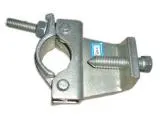
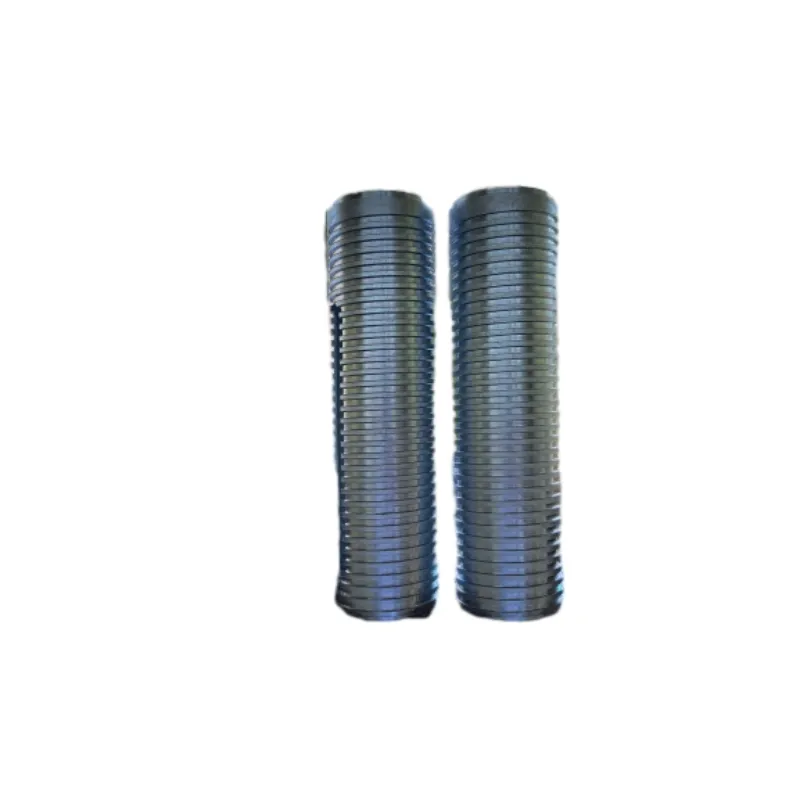
Best practices in the use of formwork pins call for thorough site evaluations to expose potential issues related to soil stability, load distribution, and environmental conditions, all of which can affect the performance of formwork components. Safety standards, governed by local building codes and industry regulations, dictate stringent testing and quality assurance processes to guarantee that the formwork and its components, such as pins, meet structural demands. Certified quality in formwork pins by third-party testing laboratories is non-negotiable for trusted formwork solutions, ensuring peace of mind for contractors and stakeholders alike. Ultimately, collaboration with formwork system suppliers who possess in-depth product knowledge plays a pivotal role in achieving optimal outcomes for construction projects. Suppliers with a track record of consistency, compliance with international standards, and a commitment to innovation empower construction professionals to apply the most efficient and cutting-edge formwork solutions. It is this blend of human expertise, advanced materials technology, and commitment to quality standards that elevates the application and functionality of formwork pins in the ever-evolving construction landscape. Understanding the nuanced roles and specifications of formwork pins can distinguish between a project that thrives on precision and durability versus one that falls short of structural standards. Embedding qualified expertise and leveraging advanced technology should be at the forefront of any construction practice. As professionals vested in the future of construction, continuously updating knowledge and techniques surrounding formwork is not just advisable; it is imperative for success.
Prev:
Next:
Latest News
-
Premium Roofing Materials - AI-Optimized by GPT-4 TurboNewsAug.03,2025
-
Formwork for In Situ Concrete | AI-Optimized SolutionsNewsAug.02,2025
-
Premium Screw Jacks Scaffolding Systems - Efficient Height ControlNewsAug.01,2025
-
Durable Concrete Form Ties Enhanced with AI | Buy OnlineNewsJul.31,2025
-
High-Quality Roofing Materials for Durable Building SolutionsNewsJul.30,2025
-
High-Quality Scaffolding Pins for Sale – Durable & Secure Scaffold Toggle PinsNewsJul.30,2025
Products categories

